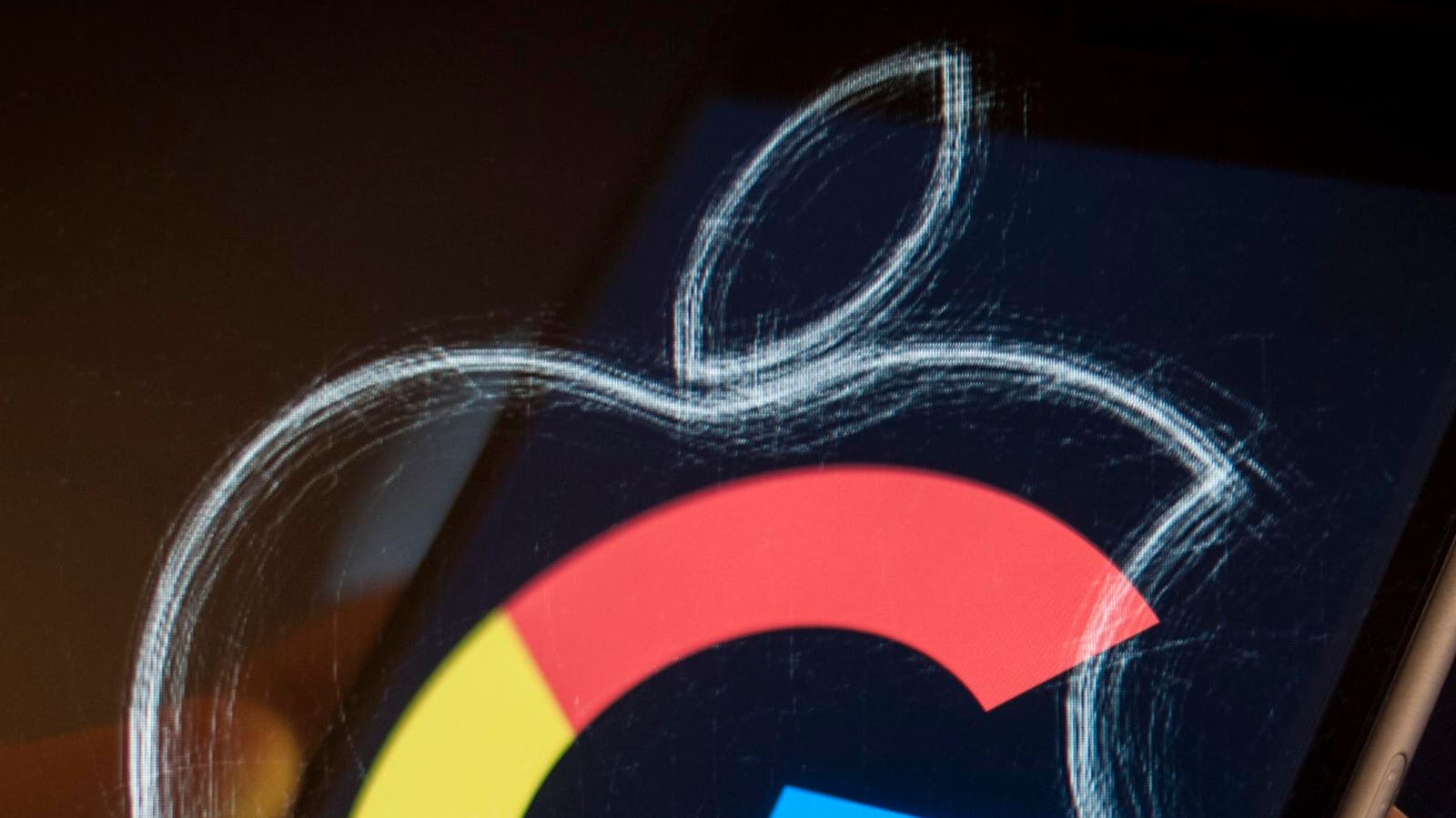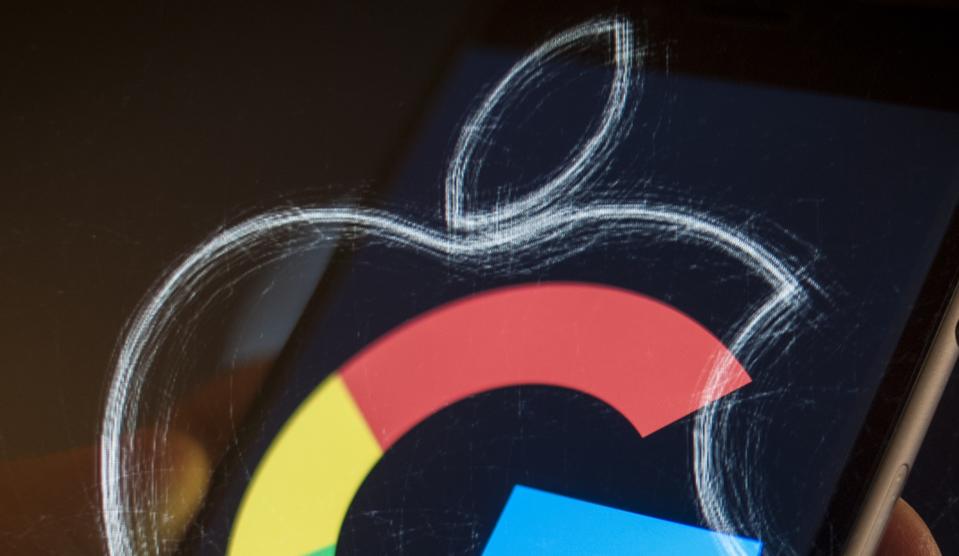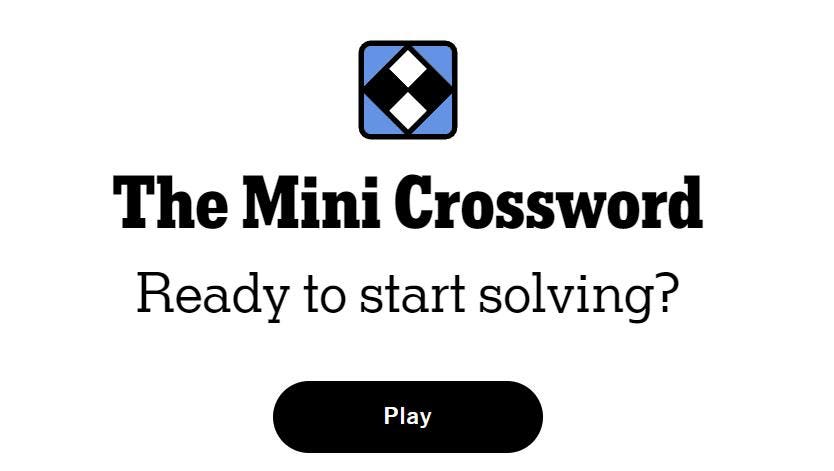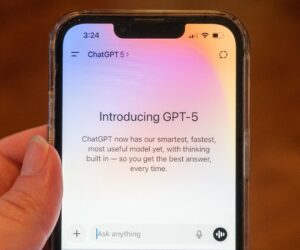This completely changes your phone.
NurPhoto via Getty Images
Republished on August 28 with industry commentary on Google’s sudden move.
The backlash started immediately. Within hours of Google suddenly confirming its surprising decision to completely change Android’s ecosystem, to end the freedom to choose what to install and from whom, users made their thoughts clear. This could even reason enough to buy an iPhone, some now suggest.
A Reddit thread in the aftermath of Google’s news went as far as to ask asked what the point is in Android given the change. One user even suggested not being able to install whatever apps they want is akin to Google creating “the best iPhone ad.”
And there was plenty more of the same, with the crux being that users might as well buy iPhones post this lockdown, and why would anyone choose Android instead. Another Reddit user suggested Google has dropped “everything” that made Android appealing between this and other changes. But the sharpest take came from the Redditor posting if they have to be trapped in a walled garden, it should at least “be a pretty one.”
Google’s rationale is to add “an extra layer of security that deters bad actors and makes it harder for them to spread harm.” It wants to do this by forcing all app developers to become certified, whether or not they upload apps to Play Store. Starting next year, you won’t be able to install any apps from uncertified developers — in any way.
According to Jason Soroko from Sectigo, “Android long positioned itself as the open bazaar. Turning that bazaar into a gated community swaps curiosity for compliance and turns trust into a toll booth.” But this comes with a warning. “A registration fee and identity check will not stop professional scammers who already trade verified accounts, but it will chill the weekend builder who ships code from a hobby repo.”
This explanation clearly didn’t wash — at least not on this Reddit thread. An alternative suggestion being Google clamping down on developers bypassing its “30% tax.”
Google says the mandatory change, which starts will apply globally by 2027, will create “a safer, more trusted ecosystem benefits the entire developer community:
- Deters bad actors who prefer to operate anonymously.
- Makes it harder to spread harm by linking bad apps to their developers. This helps us hold developers accountable, enforce safety policies, and remove malicious networks.
- Boosts user confidence, helping you build relationships with new users and establish trust.”
The hardcore user response is just as clear, and we’re just a day into this backlash.
Bugcrowd’s Trey Ford told me “as an Apple user, you can’t help but see the hyperbole as funny. The Android ecosystem loves the unbounded, uncontrolled application ecosystem.” But for “non-technical and less security minded users, Google is making the right choice, establishing a more secure baseline for the majority.”
Soroko says “this could mean identity becomes the new runtime permission. The result is not better security so much as better accounting of who is allowed to speak. And somewhat ironically, that could mean ”a policy meant to defend Android from risk may defend Apple from competition by making both ecosystems feel the same.”









